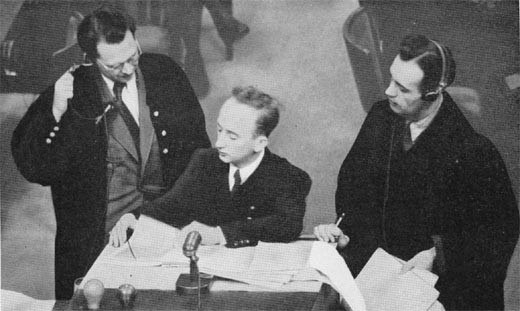Introduction:

Raphael Lemkin first coined the term, genocide, to make sure that perpetrators of atrocities against innocent victim groups would be prosecuted and thus serve as a deterrent. Lemkin, a Polish lawyer and a Jew, had for years studied the victimization of the Armenians and other groups that had been targeted for persecution and mass murder in history, As a lawyer, he believed that finding the right name for this category of ethical violation and creating international legislation against it would amount to prevention. When the Nazis and their collaborators came for the Jews of his native Poland, Lemkin fled to the United States and watched from a distance as the Holocaust continued to unfold. He lost his parents, among other family members.
Following the Holocaust and WWII, Lemkin’s word, genocide, was used at the Nuremberg Trials against the few Nazi perpetrators of the Holocaust who were ever called to account for their choices. Lemkin soon campaigned for the United Nations Genocide Convention, which clearly and publicly defined genocide and called on signatory nations to take action wherever it happens. The Convention was ratified by several countries in 1948 and by the United States in 1986. Unfortunately, genocides have continued to occur. Too few individuals and governments have acted to stop genocides while they have happened, and too few perpetrators have ever been held accountable.

The Texas Holocaust, Genocide, and Antisemitism Advisory Commission operates on the premise that educating about genocides is essential to fulfilling Lemkin’s dream of a world where ethnic, religious, national, and racial groups will no longer be targeted as victims.
